TL;DR: On reflection, the six things to note in Aotearoa-NZ’s political economy around housing, climate and poverty this week were:
The Government-driven freeze in building new classrooms, local roads and water networks in order to save cash for tax cuts is frustrating communities facing massive population growth that has not been planned or invested for;
Backlashes to Budget 2024 decisions breaking various pre-election promises on cancer drugs, first home buyer grants and sick leave are set to deliver more opinion poll body blows to the Government in coming days;
Dying cancer patients accused the Government of breaking its election promises as GPs reported the percentage of their patients declined specialist appointments increased;
Other central banks began cutting interest rates, but the Reserve Bank is being forced to keep mortgage rates high because high population growth without enough housing is pumping up rents, just as Government moves to save cash for income tax cuts is pumping up rates, fees and charges;
The UN called for a ban on fossil fuel advertising and a windfall tax on fossil fuel firms as data showed May was the planet’s 12th consecutive hottest month on record, while Simeon Brown took fresh steps to water down emissions rules for car imports that could further increase our climate emissions financial liabilities; and,
In good news, China’s climate emissions have begun falling as its production of cheap solar panels, batteries and EVs hits fever pitch, creating an opportunity for Aotearoa-NZ to quickly electrify our economy with panels, batteries and EVs that are effectively subsidised by Chinese, US and European consumers and Governments.
(Paying subscribers can see and hear more detail and analysis below the paywall fold and in the podcast above. We’ll open up the full article for public reading, listening and sharing if we get over 100 likes to indicate approval from paying subscribers. Update: achievement unlocked.)
Six things of note this week
1. Many more people for too few schools, roads & hospitals
Housing: Frustration in suburban and regional Aotearoa-NZ is growing at the short-termist ‘penny wise and pound foolish’ decisions from the Government and councils to cut back on transport, housing, water and education construction investment to save money this year to pay for tax cuts and to limit rates increases and protect AA credit ratings.
Examples abound1 of communities being told to build new homes to accommodate the extra 200,000 people who have arrived in the last two years, but that there is ‘not enough money’ for the classrooms, pipes, roads, buses and homes needed to accommodate everyone, let alone do that in a healthy and affordable way.
There’s ‘not enough money’ because politicians from both sides magically believe and promise they can deliver public services, keep Government small and cut income taxes all at the same time. That’s just not possible when all over the world health and education costs keep growing faster than the rest of the economy because of ageing populations and rapidly expanding and improving treatments and devices.
This circle cannot be squared without either reducing the promised public services or increasing the tax to GDP share to closer to 35-40% that other developed peers have as their base.
The obvious missing piece in our tax puzzle is a tax on income from capital gains, especially the unearned income from rises in residential land values.
2. The coalition’s Wile E. Coyote moment
Politics: Political support for the Christopher Luxon-led National-ACT-NZ First Government feels as if it’s in a Wile E. Coyote moment - legs cycling in mid-air off a cliff - before the first post-budget opinion polls hit. They can’t be far away, possibly as early as Sunday or Monday.
The Government delivered a politically awful series of broken election promises and nasty election surprises through the Budget 2024 process, including the non-delivery of cancer treatment drugs, the shock removal of first-home-buyer subsidies and the neutron-bomb like economic effects of the freezing of funding and approval for multiple Government and council-backed development and building projects.
The polls through February to May inclusive showed a collapse in support for the Government, along with slumps in business and consumer confidence, meaning a couple of the polls showed it possible for Labour-Green-Te Pāti Māori to govern if replicated in an election.
The first polls after the Budget could easily ramp up the pressure on Luxon, who remains personally unpopular with public and is facing growing unease from his caucus and National party grandees, who worry he has unnecessarily and naively allowed Winston Peters and David Seymour to drag what they expected would be a centrist and conservative Government into extreme and unpopular territories. I still think Luxon will be rolled by Christmas if he doesn’t turn around those voter perceptions the Government is drive by extremist tail-wagging-dog politicians.
One politically positive development for the coalition this week has been the messy emergence of allegations and now multiple official investigations2 into TPM’s use of Census and (possibly) vaccine and Oranga Tamariki data to win votes for Tamaki Makaurau MP Takutai Tarsh Kemp, who beat Labour’s Peeni Henare by 42 votes. TPM have denied the allegations. This has the potential to not just change the make-up of Parliament, but poison relations between Labour and TPM, and serve as a distraction from the Government’s own problems.
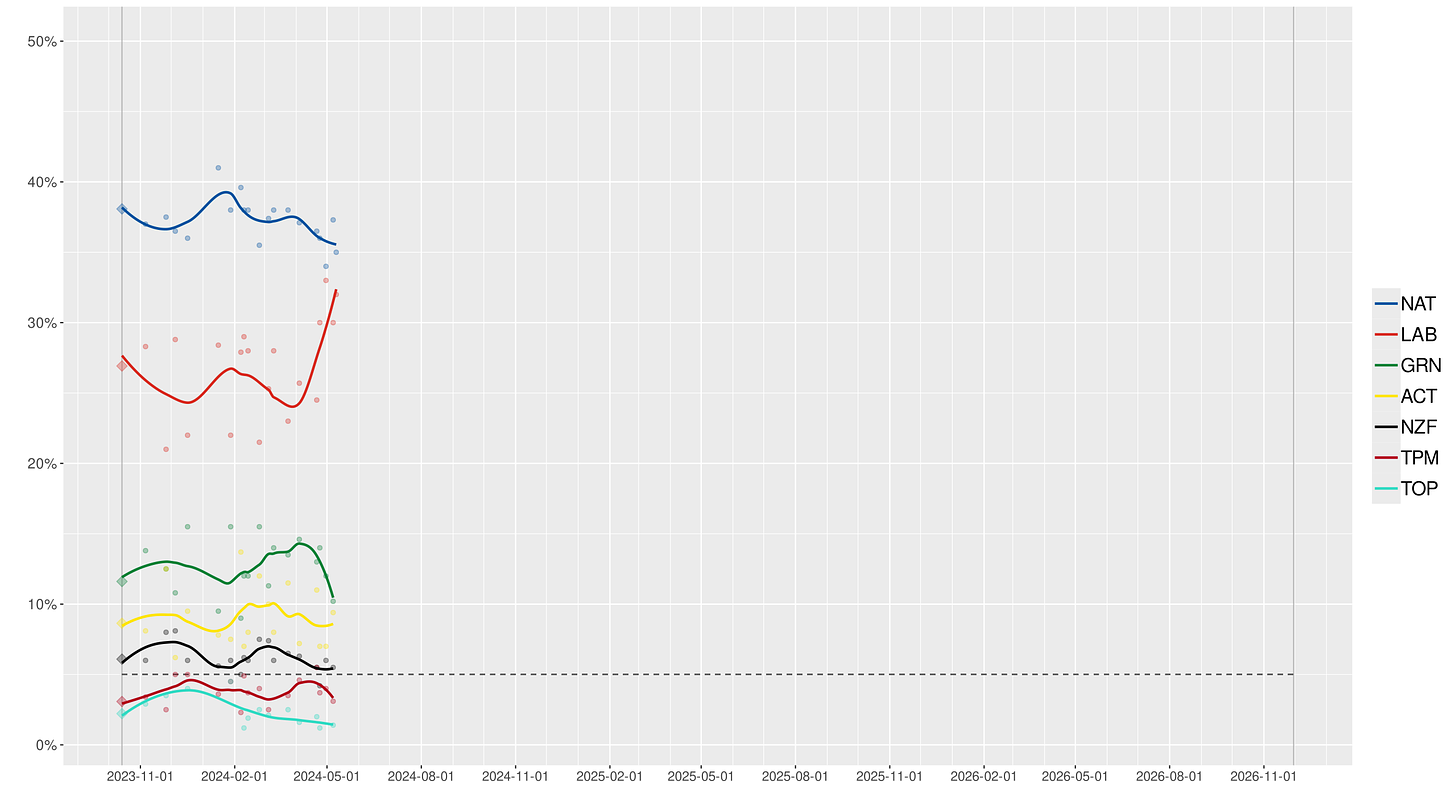
3. A health system in crisis as promises are broken
Health: Dying cancer patients and cancer doctors accused the Government in an open letter of breaking its election-winning promise to fund new drugs in Budget that would keep more alive for longer.
Meanwhile, General Practice NZ and University of Otago public health researchers reported a rise in the number of patients who they referred for specialist help, but were declined because the hospital system is understaffed, underfunded and in severe stress.
A Mental Health and Wellbeing Commission report this week found a rise in severe psychological stress, but less specialist treatment for the mentally ill.
Bi-partisan commitments over at least the last 20 years to cap the size of Government at or below 30% of GDP are putting bi-partisan promises of freely available state-funded hospital care and education under extreme pressure, especially with the 1.5-2% population growth enabled by an effectively bi-partisan policy of importing low-paid temporary migrants to generate nominal GDP growth, instead of investing savings in productivity-enhancing infrastructure, R&D, upskilling staff and business investment.
Instead, surpluses are invested in leveraged residential land because the after (no) tax returns on equity are many-multiples higher than other investment choices here.
4. Rate cuts start, but not in NZ, despite extended GDP slide
Economy: The ECB and the Bank of Canada cut their official rates this week. The US economy generated more jobs than expected, while NZ unemployment kept rising and residential building fell.
Our Reserve Bank isn’t expected to start cutting until next year, even though unemployment is rising and Aotearoa-NZ is experiencing its deepest per-capita recession since the GFC. That’s because domestic inflation is staying higher for longer, in part because of our broken housing market and increases in government and council fees, rates and charges.
5. ‘Ban advertising by the “godfathers of climate chaos”’
Climate: May was the 12th consecutive hottest month on record, Copernicus reported. The UN called for a ban on fossil fuel advertising and a windfall tax on fossil fuel firms.
Meanwhile, Transport and Energy Minister Simeon Brown is moving to water down emissions standards for vehicle imports, which is projected to increase Aotearoa-NZ’s emissions by 30 million tonnes and cost the economy $3.5 billion extra in fuel imports and emissions credit costs to meet our Paris commitments.
6. China, US & EU could subsidise our electrification
Good news: Carbon Brief reported China’s climate emissions are falling again for the first time since its covid lockdowns as it ramps up its investment in renewable power generation, solar panel and battery production and electric vehcle production. China’s monumental renewable technology development and production programme has shocked Europe and the United States by its speed, scale and aggression.
The EU and US are set to impose tariffs on imports of said panels, batteries and EVs from China, partly to protect their own industries, but also because the US at least believes it needs to rebuild its industrial base so it can be flipped to military production if a war with China breaks out, as many in America’s military, political and diplomatic classes believe is inevitable towards the end of this decade.
That presents an opportunity for Aotearoa-NZ to massively and quickly electrify our economy cheaply, powered by Chinese-made panels, batteries and EVs. We would effectively be getting Chinese, US and European consumers and taxpayers to subsidise our electrification, which would make us much more resilient and independent in the event of a catastrophic shock to global trade and the global economy. A war over Taiwan or any number of physical and geopolitical shocks caused by climate change would create such shocks.
Quote of the week
“We're fixing it up. As LV Martin used to say, it's the putting right that counts!" Housing Minister Chris Bishop announcing tweaks to the first-home-buyer grant cancellation to allow those already approved to get their grants.
Chart of the week
Climate chart of the week
Cartoon of the week
‘Duped’
Timeline-cleansing nature pic
The last of us?
Mā te wa
Bernard

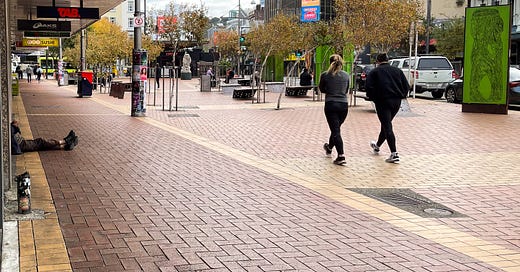



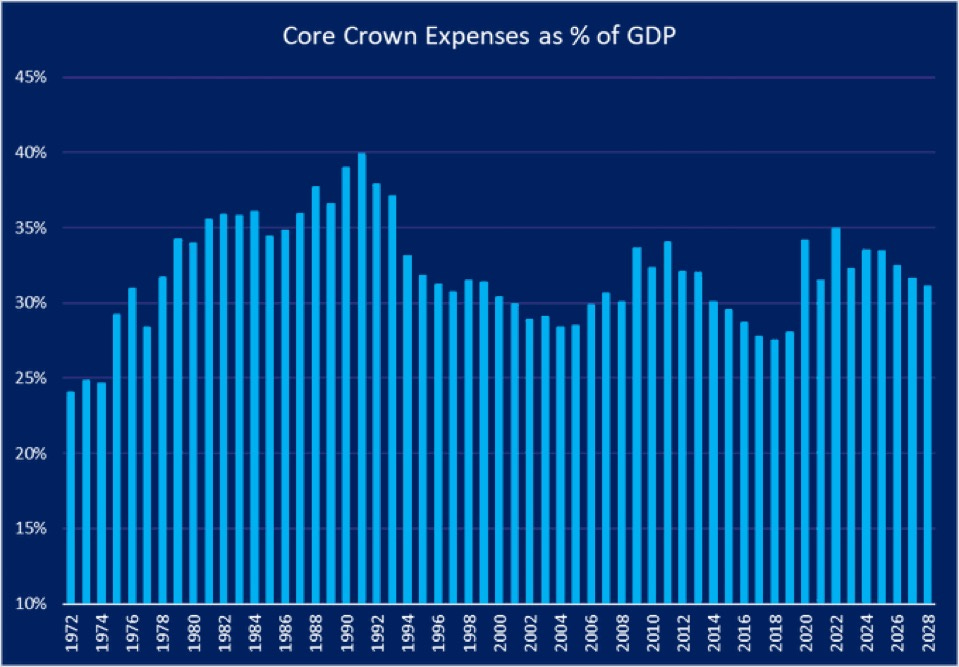
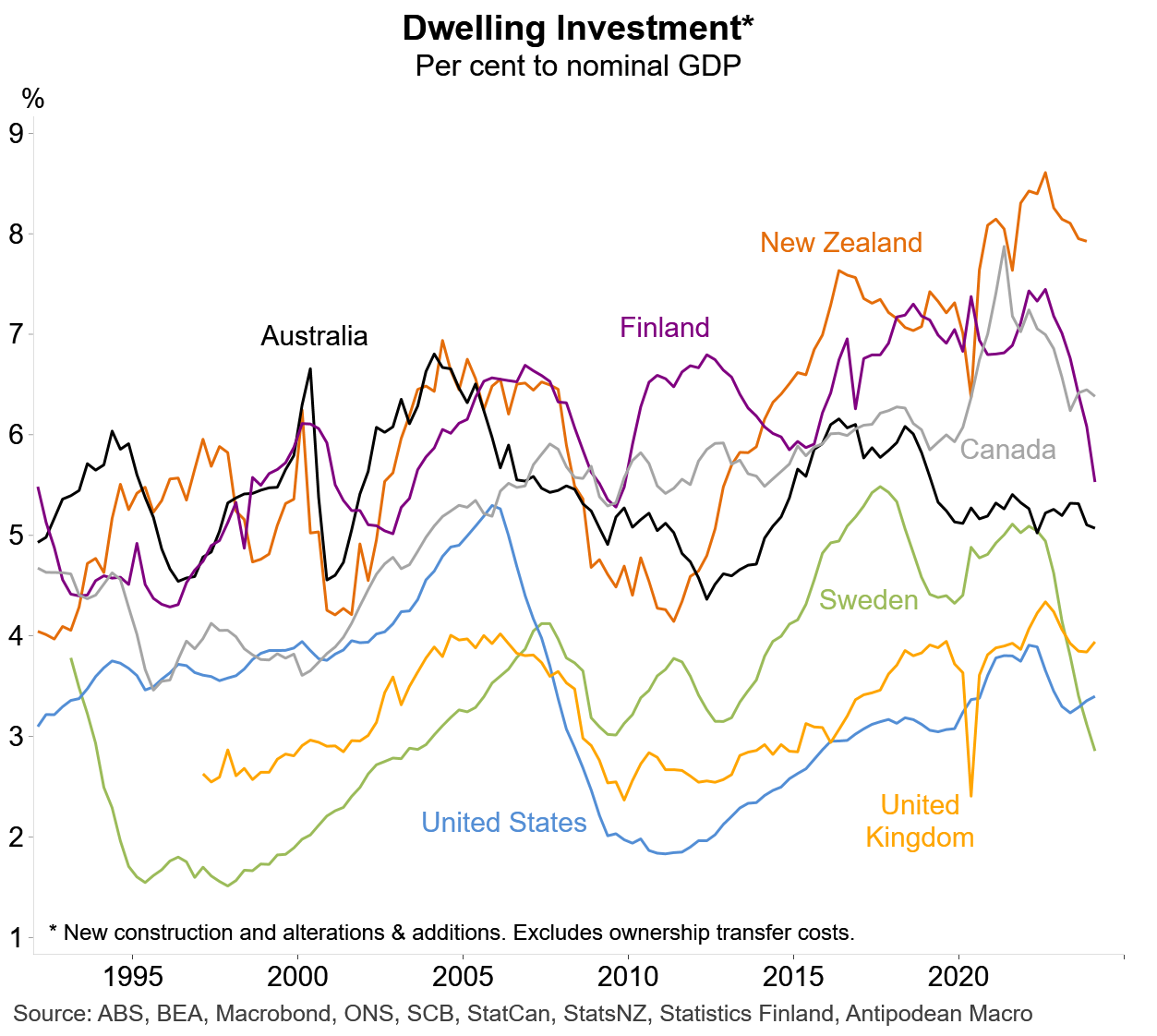
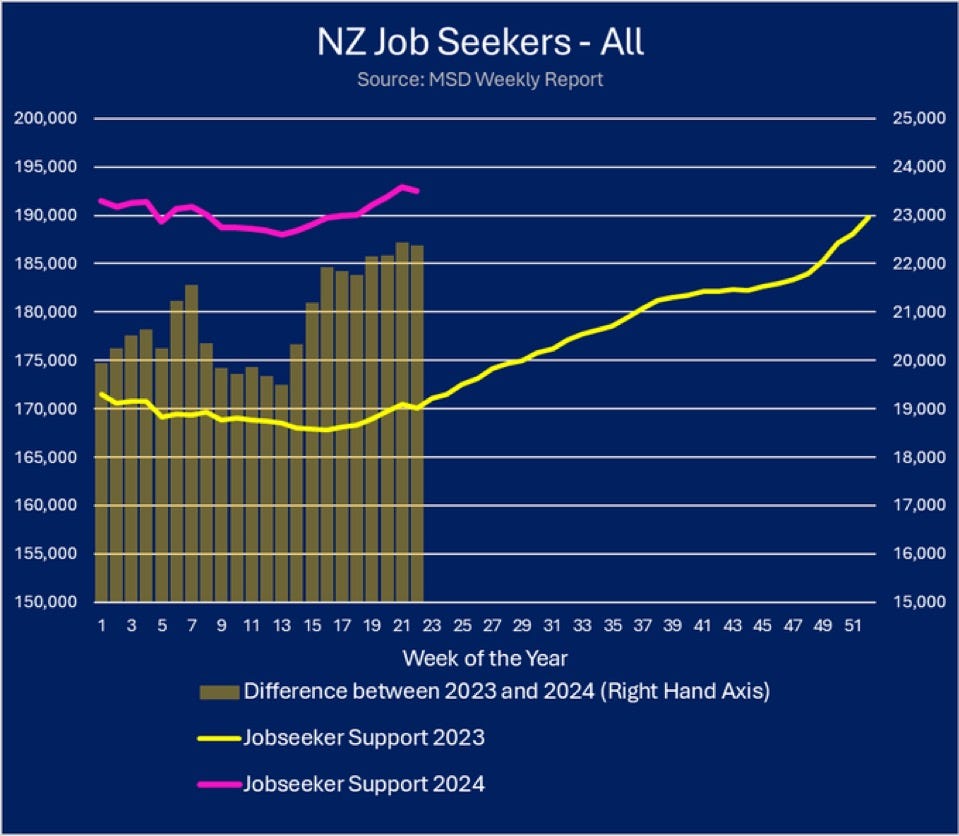
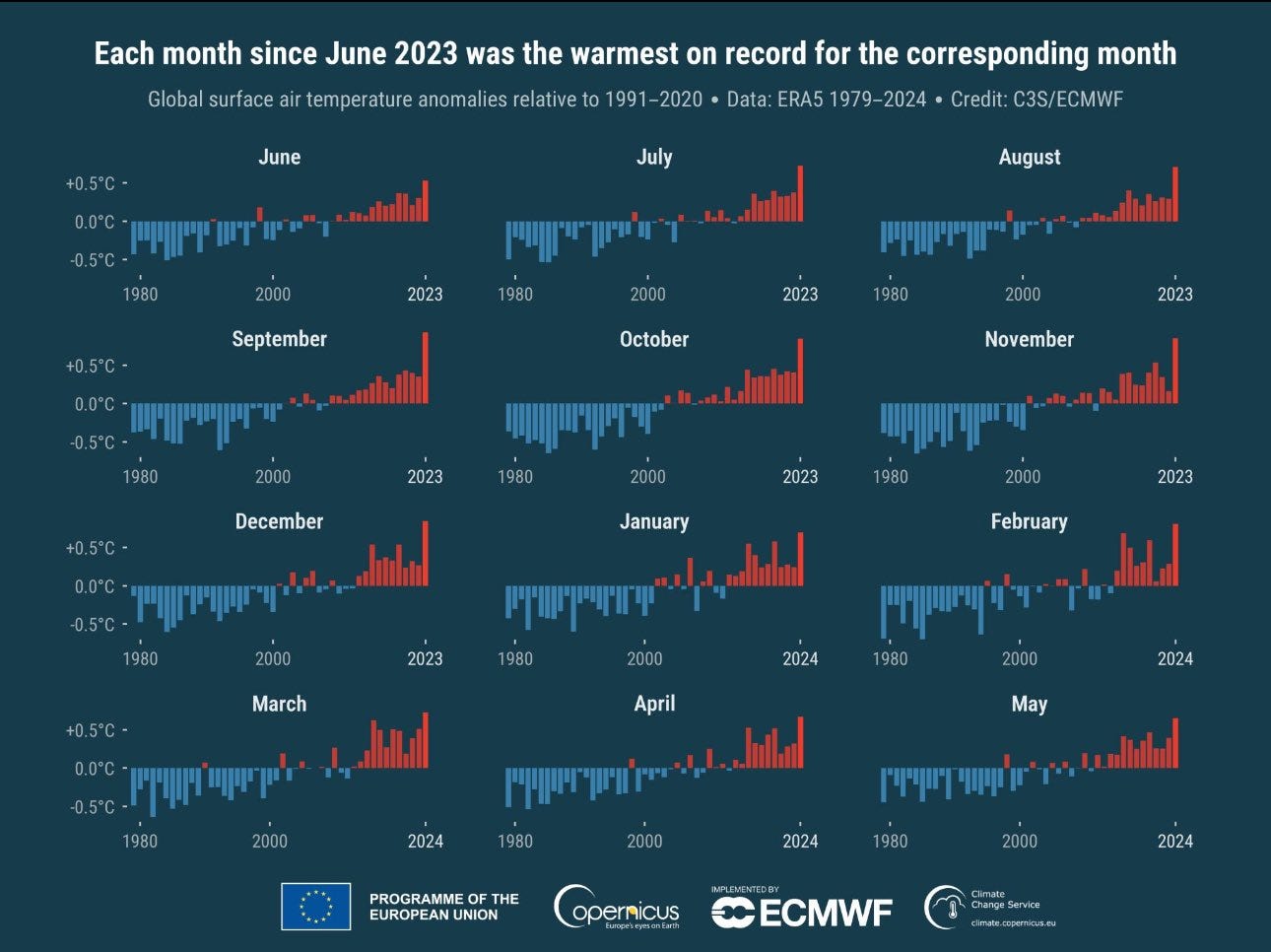
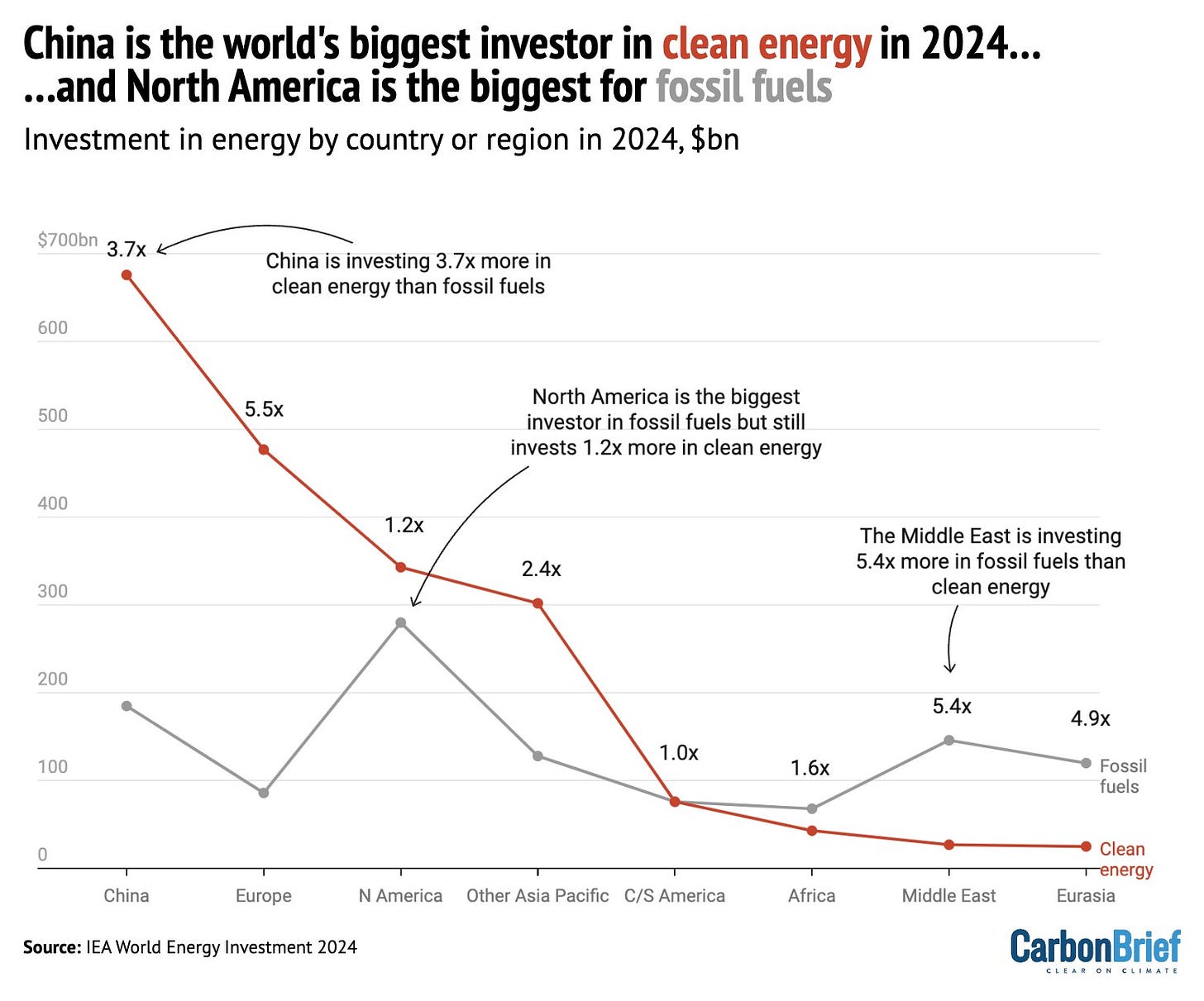
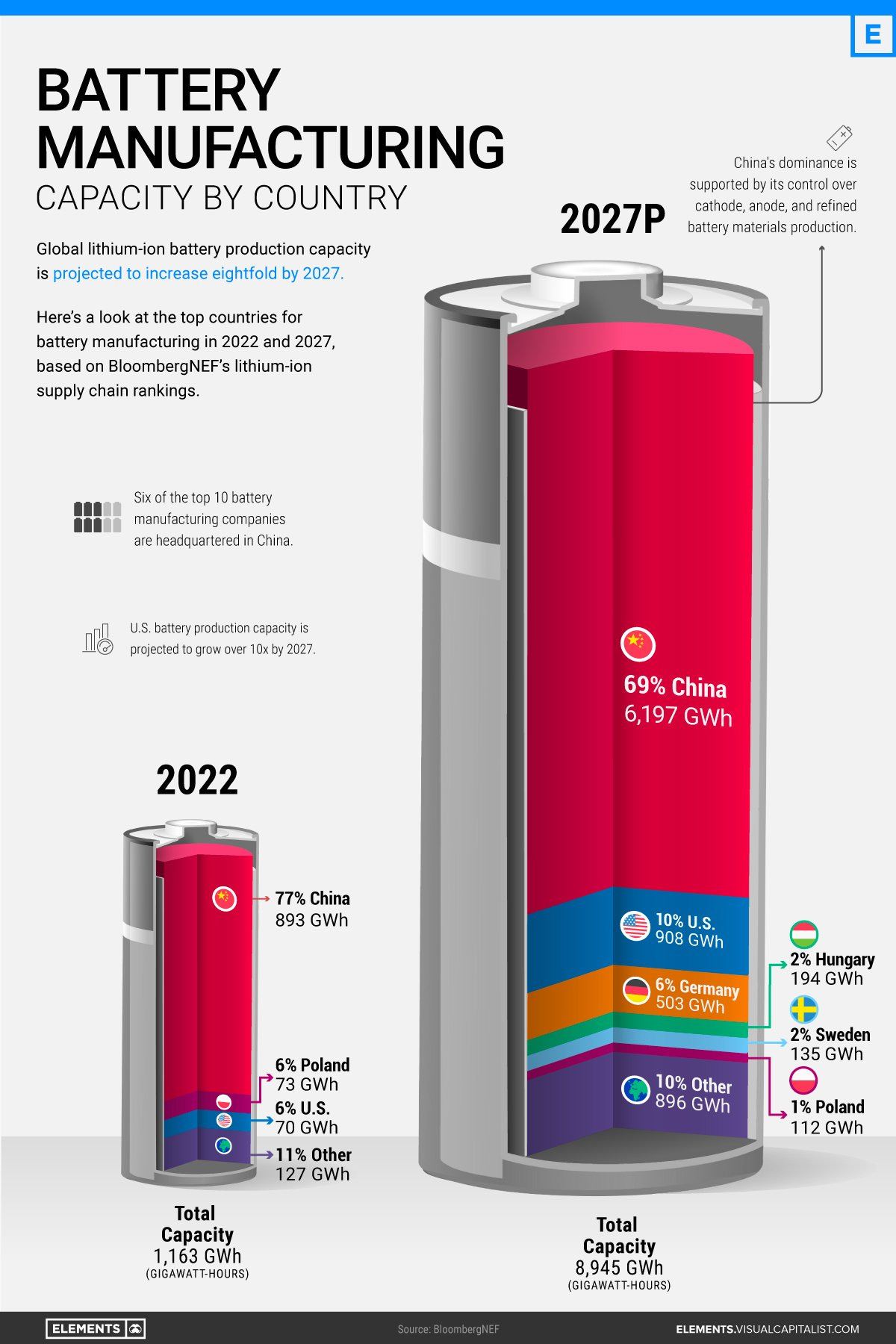
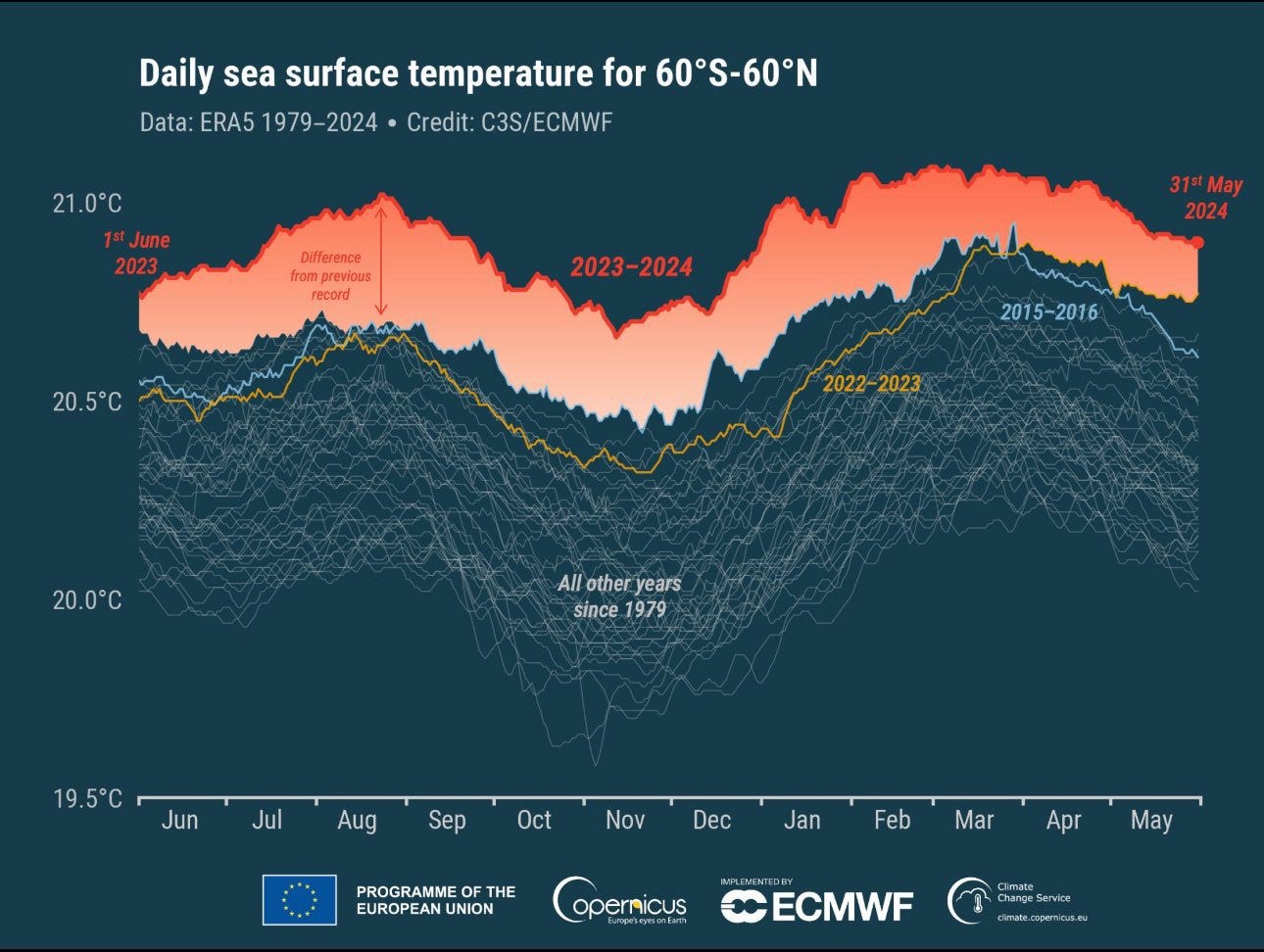
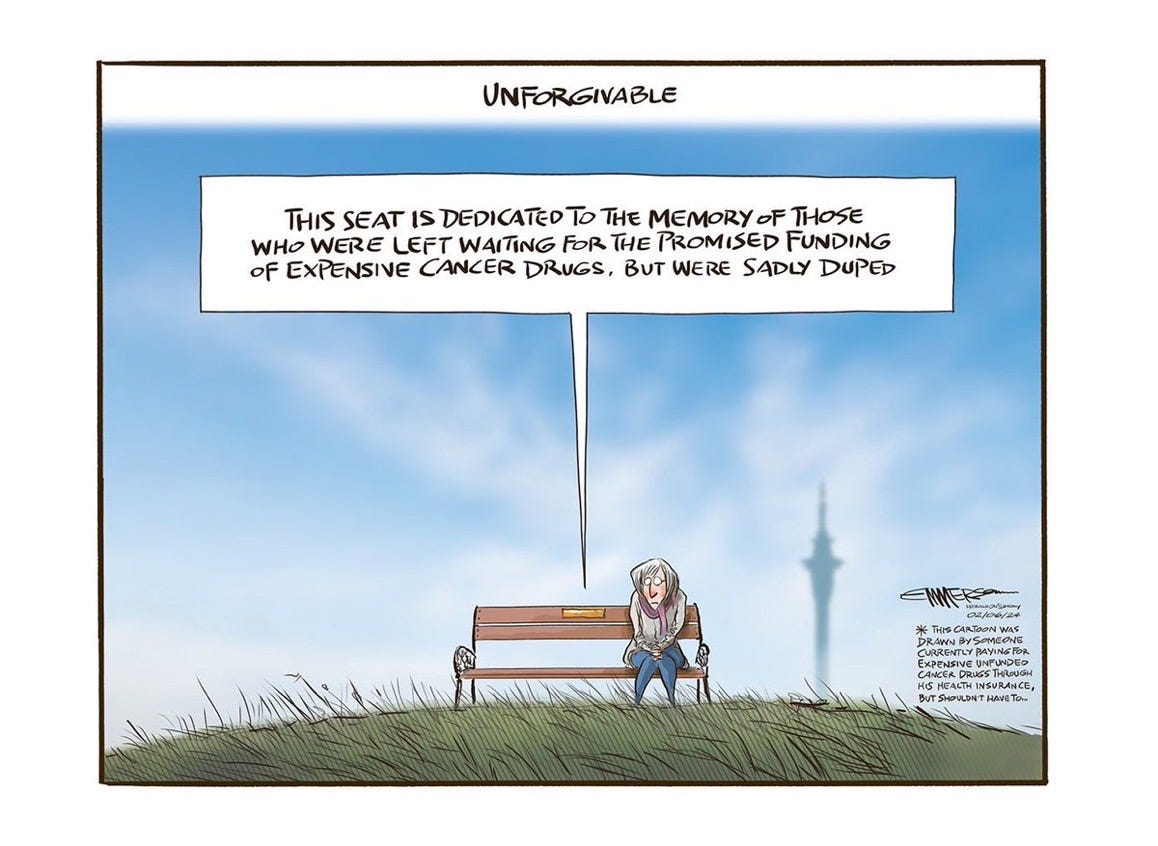










Share this post